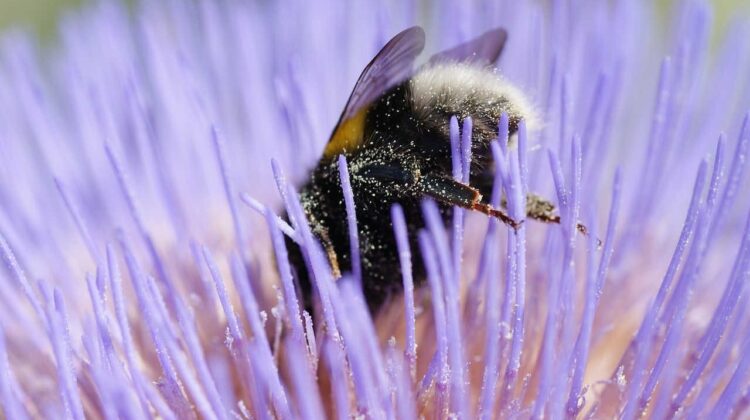
Imagine a world without the buzzing symphony of bees. It might seem like a minor inconvenience, but the reality is far more dire. Bees, often overlooked as tiny creatures, play a crucial role in our ecosystem and the sustainability of our food supply. In this article, we delve into the catastrophic consequences of bee extinction and explore the urgent need to protect these vital pollinators.
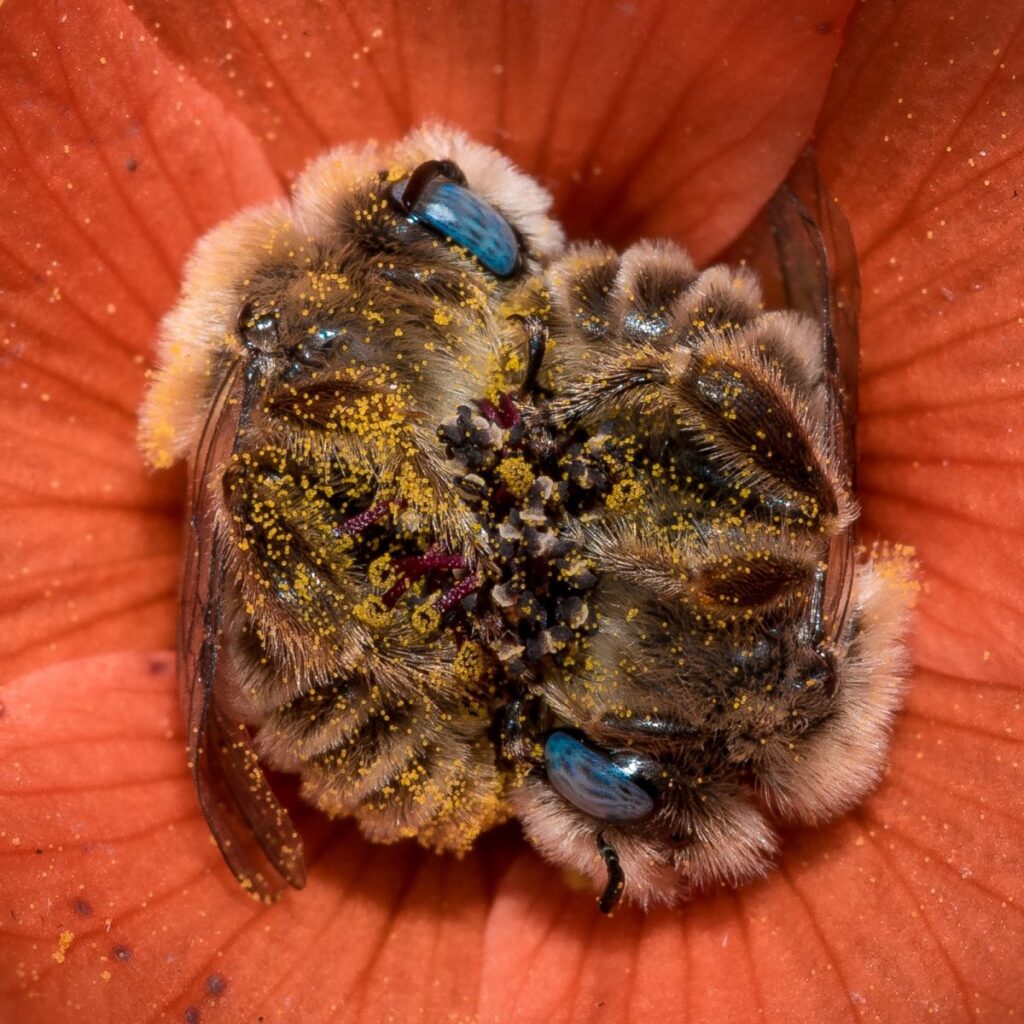
The Buzzing Backbone of Our Food System
Bees are the unsung heroes of our agricultural system. As efficient pollinators, they are responsible for fertilizing a vast array of crops, from fruits and vegetables to nuts and seeds. Approximately 70% of the 100 crop species that feed 90% of the world’s population rely on bees for pollination. The economic value of honey bees alone is estimated at a staggering $30 billion per year.

A Domino Effect of Devastation
The loss of bees would trigger a cascading effect with far-reaching consequences. Without their pollination services, countless plant species would struggle to reproduce, leading to a decline in biodiversity. This, in turn, would disrupt the delicate balance of ecosystems and have devastating impacts on wildlife that rely on these plants for food and shelter.
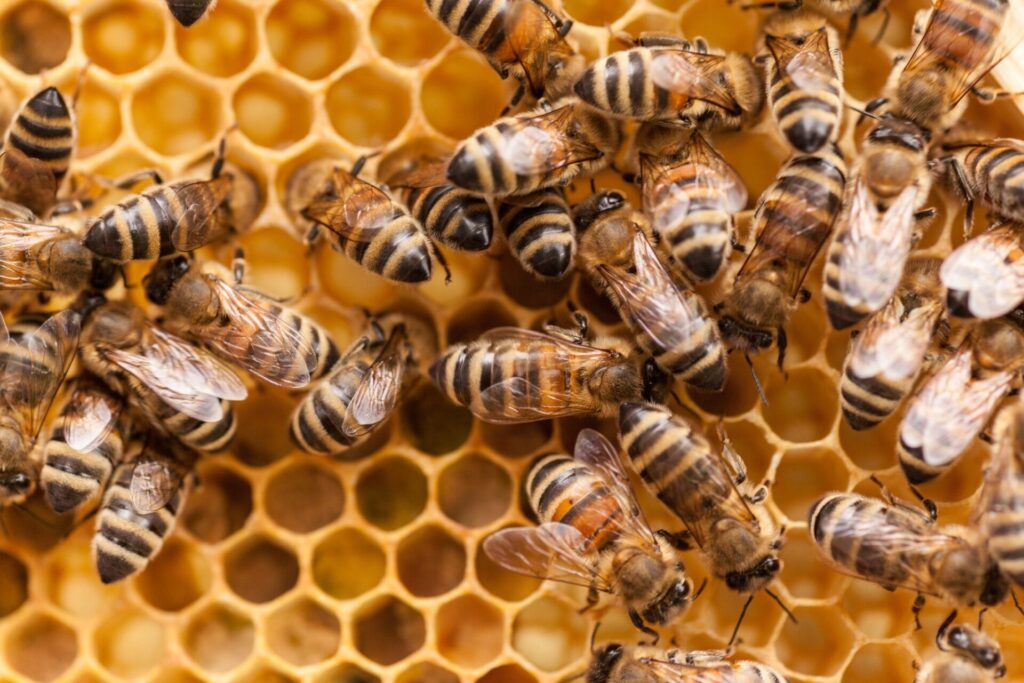
As the food chain is interconnected, the loss of plants would have a ripple effect on herbivores and carnivores alike. This could lead to a significant reduction in the availability of food for humans and other animals, potentially exacerbating global hunger and food insecurity.
The Bee Crisis: A Growing Threat
The bee population is facing a crisis of unprecedented proportions. Several factors are contributing to their decline, including habitat loss, pesticide use, climate change, and the parasitic varroa mite. These threats are working together to push bee colonies to the brink of collapse.
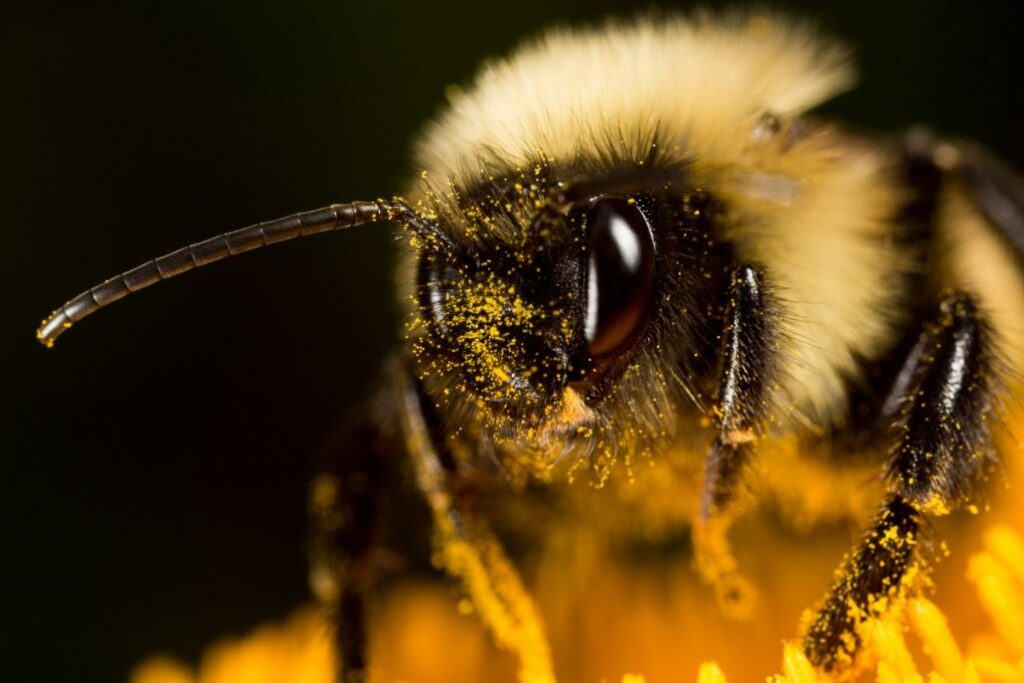
A Call to Action
The survival of bees is essential for the health of our planet and the well-being of future generations. It is imperative that we take immediate action to protect these vital pollinators. This includes:
- Habitat restoration: Creating and preserving flower-rich habitats to provide bees with adequate food sources.
- Reducing pesticide use: Adopting sustainable farming practices that minimize the use of harmful chemicals.
- Supporting beekeepers: Encouraging and supporting local beekeepers who play a crucial role in maintaining healthy bee populations.
- Raising awareness: Educating the public about the importance of bees and the threats they face.
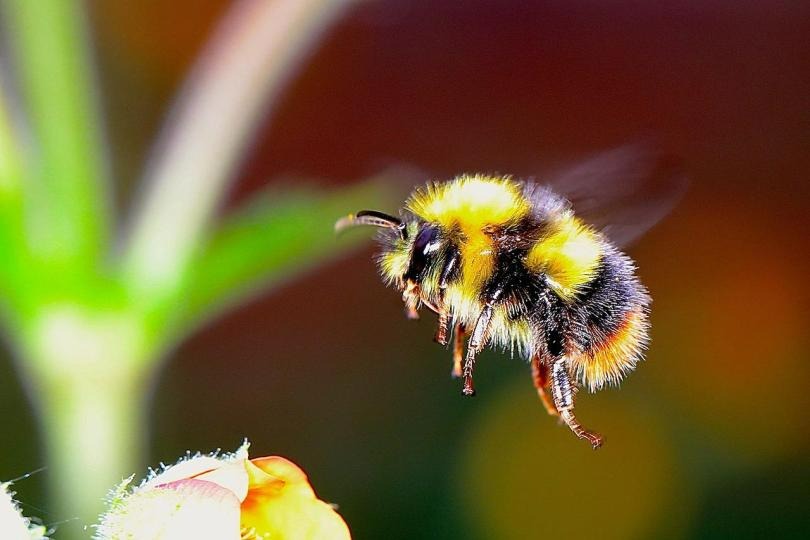
By working together, we can help ensure the survival of bees and safeguard the delicate balance of our planet’s ecosystems.

Leave a Reply